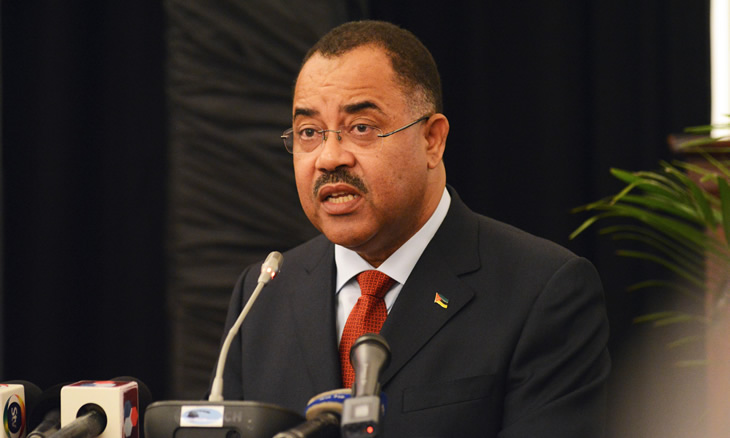Gang of four arrested in Maputo over debit card theft
Mozambique: Former minister Chang ‘is suspect in two cases’ – Attorney-General

Manuel Chang. [File photo: Lusa]
Manuel Chang, a former minister of finance of Mozambique who is wanted by the authorities in the country and in the US for his involvement in the ‘hidden debts’ that have pushed his country into default, is a suspect in another case, it has emerged.
Mozambique’s attorney-general, Beatriz Buchili, told members of parliament in her review of her office’s year that Chang has another case to answer for in the country, aside from the one concerning the debts contracted by public enterprises and guaranteed by the state without his informing parliament.
She did not provide details of the other case in which Chang is a suspect.
The Mozambique authorities had formally requested that South Africa extradite Chang in order to protect the country’s interests in respect of the hidden debts case, she said.
Chang is also the subject of a US extradition request, on which the final decision of the South Africa’s authorities is also awaited.
Without mentioning names, Buchili said that two other ex-ministers are suspects in a separate case in which a foreign company is alleged to have paid bribes to secure a contract to build an airport and coal terminal.
Another corruption case involving a former government official relates to the detention last week of a former minister of labour, Helena Taipo, for allegedly having received bribes and for the embezzlement of funds of the National Institute of Social Security ( INSS).
“For the Public Prosecutor’s Office, there is no [such thing as] minor or major corruption, because any act that represents corruption has a negative effect on society,” Buchili stressed.
In the hidden debts case, a Dubai-based shipbuilding company, Privinvest, was contracted for projects valued at more than $2 billion (€1.769 billion euros), for which public enterprises in 2013 and 2014 obtained loans that were taken out without the knowledge of parliament or foreign lenders such as the International Monetary Fund.
An independent international audit found that more than $500 million of the money could not be accounted for, and that there had been over-invoicing in the supply of goods, while the companies that received the money were not financially viable.












Leave a Reply
Be the First to Comment!
You must be logged in to post a comment.
You must be logged in to post a comment.